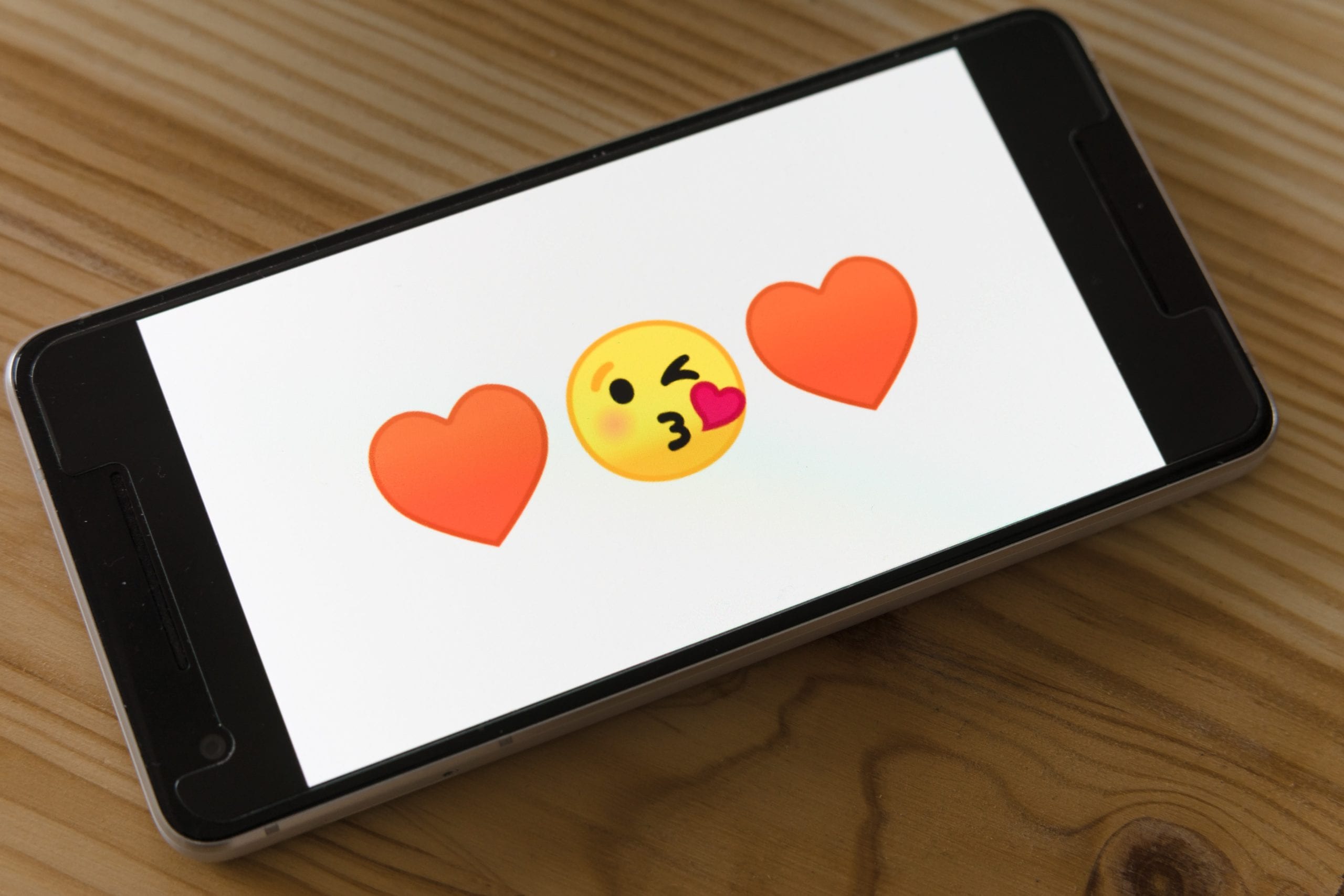As if dating in the time of COVID wasn’t difficult enough, now the Better Business Bureau is warning would-be daters of a new scam. It’s catfishing taken to a new level—with the entire dating website a con to get users’ credit card information.
The BBB said this new con makes users believe they’re signing up for a legitimate dating website, providing personal information for their profile along with their credit card number to pay for a membership. Once signed up, users begin to receive dating matches, however the users they’re matched with often have incomplete profiles or no photos. Red flags, such as people who don’t match the dater’s profile, live outside the area or aren’t within the requested age range, may also appear.
The BBB says that’s because the profiles aren’t real.
“You may also notice that profiles frequently vanish from the site—even after you’ve chatted with them,” the bureau notes. “The site is filled with phony profiles that make you think that the site has many members. Once you figure out the hoax, you try to cancel your membership. But the site just keeps billing you.”
There are variations to the scam, officials warn. Some fake dating sites require users to pay or purchase credits to contact other “daters.”
“I was bombarded with messages from nearly 200 different users in only a few days and without even fully filling out a personal profile,” one user told BBB Scam Tracker. “I paid for coins three times and was double charged each time. This site hires operators to steal photos, assume fake identities, and then bombards users with messages to entice them into buying coins to converse by lying and leading people on.”
The BBB provided several tips to help those looking for love (or something more casual, no judgement) spot fake dating websites.
- Do your research before you sign up. Do an internet search of the dating website’s name along with the words “reviews” and “scams.” Keep a close eye out for any negative reports or past users who suspect the website is fake.
- Make sure you understand how the website works. It’s not entirely unusual to have to pay a monthly fee or small fees for individual connections to dating services but be sure the website is up front about how their payment system works. If the payment system isn’t well documented or you find it confusing, choose another dating service instead.
- If it’s too good to be true, don’t believe it! For example, if you haven’t even completed your personal profile and people are lining up to meet you, it’s probably a scam. The same goes for individuals who make unrealistic claims about their love and devotion for you – especially if you just met online.
- Use your credit card to pay for online services and memberships. When you pay with your credit card, you can dispute any unauthorized charges or charges made for fake services. The same may not be true if you use your debit card or if you give a company your banking information, such as your account number and your bank’s routing number.
- Never give money or personal information to a stranger. Some con artists will ask you for money so they can buy a flight to come visit you or for some other “noble” reason. If someone you’ve never met in person starts asking you for information like credit card, bank, or government ID numbers, cut off contact immediately.
The BBB, although not necessarily focused on consumers’ love lives, is concerned with their credit and financial safety. They’ve provided more information in a BBB Study on romance scams and these romance scam tips to help consumers avoid being burned before they’ve even met Mr. or Ms. Right for Right Now.
If you’ve discovered a dating website is fake, file a report on BBB.org/ScamTracker.
Source: BBB

